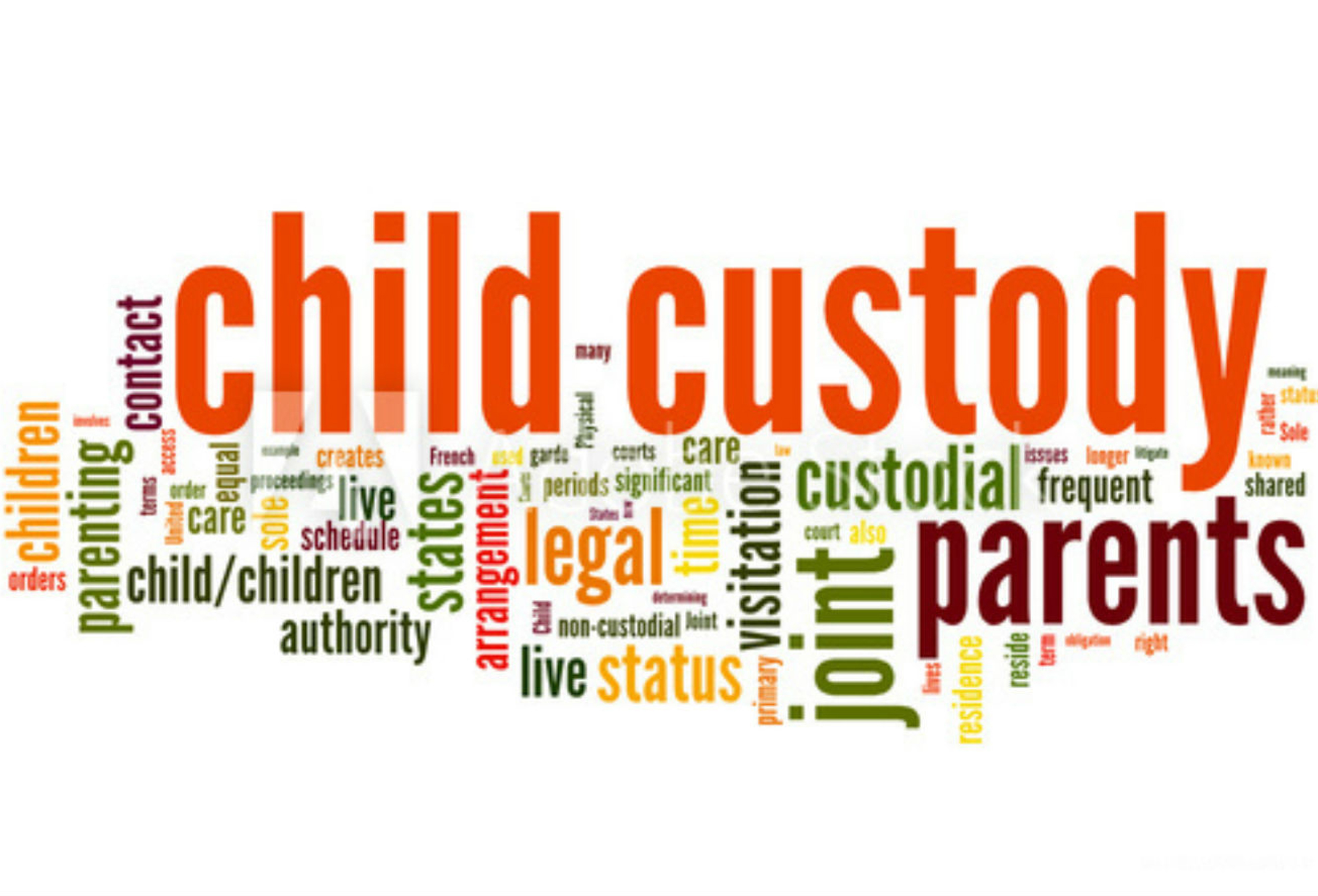Navigating child custody can be one of the most challenging aspects for parents during a separation or divorce. Understanding the various types of custody arrangements, the determining factors, and the process involved can help parents make informed decisions that serve the best interests of their children. This guide aims to provide a clear and comprehensive overview of child custody, offering practical advice and insights for parents, legal guardians, and family law advocates.
Types of Child Custody Arrangements
Child custody can be divided into three main categories: physical custody, legal custody, and joint custody. Physical custody refers to where the child will live, while legal custody involves the right to make important decisions about the child’s welfare, such as education, medical care, and religious upbringing. Joint custody can encompass both physical and legal custody, allowing both parents to share responsibilities and time with their child.
Physical custody can be sole or shared. Sole physical custody means the child lives primarily with one parent, while the other may have visitation rights. Shared physical custody, on the other hand, allows the child to divide time between both parents’ homes. Legal custody can also be sole or joint, with sole legal custody giving one parent the authority to make significant decisions, while joint legal custody requires both parents to collaborate on major decisions.
Factors in Determining Child Custody
When determining child custody, courts consider several factors to ensure the child’s best interests are prioritised. These factors include the child’s age, health, emotional ties with each parent, the parents’ ability to care for the child, and any history of family violence or substance abuse. Additionally, a child’s preference may be taken into account if they are of sufficient age and maturity.
Parental fitness is a crucial factor in custody decisions. Courts evaluate each parent’s mental and physical health, their ability to provide a stable home environment, and their willingness to foster a positive relationship between the child and the other parent. The aim is to create an arrangement that promotes the child’s overall well-being and development.
Family law covers essential matters like marriage, divorce, child custody, property division, and alimony. These issues can be emotionally challenging, and having the right legal guidance is crucial.
You can search on Google ‘family law near me‘. You will get experienced family law attorneys in your area who can provide the support and advice needed to navigate these sensitive situations. By seeking proper legal counsel, you can ensure that your rights and your family’s well-being are protected.
Reaching a Custody Agreement
There are several avenues for reaching a custody agreement, including mediation, negotiation, and court litigation. Mediation involves a neutral third party who helps parents discuss and resolve custody issues amicably. This approach often leads to more cooperative and mutually satisfactory arrangements.
Negotiation allows parents and their attorneys to settle custody matters outside of court. This process can be less stressful and time-consuming compared to litigation. However, if parents cannot agree, court litigation becomes necessary. In such cases, a judge will decide based on the evidence presented, ensuring the child’s best interests are met.
Role of Family Law Attorneys
Family law attorneys play a vital role in guiding parents through the complexities of child custody. They provide legal advice, represent clients in court, and help negotiate agreements that serve the child’s best interests. An experienced attorney can offer valuable support, ensuring parents understand their rights and responsibilities throughout the process.
Legal support is especially crucial when modifying a custody agreement. Changes in circumstances, such as relocation, job changes, or shifts in the child’s needs, may require adjustments to the existing arrangement. Consulting a family law attorney ensures that any modifications are legally sound and in the child’s best interests.
Conclusion
Child custody is a sensitive and complex issue that requires careful consideration and cooperation. By understanding the different types of custody arrangements, the factors involved in custody decisions, and the processes available for reaching and modifying agreements, parents can make informed choices that prioritise their child’s well-being.
Effective co-parenting and the support of a knowledgeable family law attorney can further ensure a positive outcome for both parents and children. If you are navigating the challenges of child custody, consider consulting with a family law professional to help you achieve the best possible arrangement for your family.
